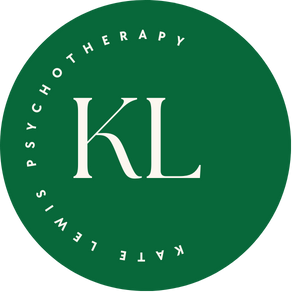Coping with Anxiety
Coping with Anxiety: Strategies for Finding Calm
Anxiety, a natural response to stress, can become a constant, overwhelming presence in our lives. It’s like having an alarm that goes off at the slightest provocation, leaving you feeling perpetually on edge. Knowing how to manage anxiety is essential for restoring balance and finding peace. This blog explores practical strategies for coping with anxiety, emphasizing that while the challenges may be formidable, they are not insurmountable.
Understanding Anxiety
Anxiety can manifest in various forms, from generalized anxiety disorder characterized by chronic worry about everyday matters, to panic attacks that strike suddenly with heart-pounding fear. Symptoms may include restlessness, difficulty concentrating, rapid heartbeat, muscle tension, and sleep disturbances.
Recognizing these symptoms as signs of anxiety is the first step toward managing them. It’s important to remember that anxiety is not just a mental issue; it affects your body and behaviors as well.
Strategies for Managing Anxiety:
Acknowledge Your Anxiety
The simple act of acknowledging your anxiety can be surprisingly powerful. By recognizing it, you can start to understand its triggers and learn how to respond rather than react to it.
Seek Professional Help
Anxiety is highly treatable through counseling and, in some cases, medication. A mental health professional can offer personalized coping strategies and support.
Practice Mindfulness and Meditation
These practices help ground you in the present moment and can reduce symptoms of anxiety. Even a few minutes a day can make a significant difference.
Build a Support Network
Sharing your experiences with trusted friends or family can alleviate the feeling of being alone in your anxiety. Support groups, either in-person or online, can also offer comfort and advice.
Engage in Physical Activity
Regular exercise releases endorphins, natural mood lifters that can also reduce anxiety. Find an activity you enjoy, whether it’s a brisk walk, yoga, or cycling.
Establish a Routine
Anxiety can thrive on unpredictability. Creating a daily routine provides structure and a sense of normalcy, reducing potential triggers.
Prioritize Sleep
Anxiety can disrupt sleep, creating a vicious cycle. Establish a calming bedtime routine and aim for 7-9 hours of sleep per night to help manage anxiety levels.
Limit Stimulant Intake
Caffeine and alcohol can exacerbate anxiety symptoms. Try reducing your intake and notice any differences in how you feel.
Techniques to Try in the Moment
Deep Breathing
Anxiety can lead to rapid, shallow breathing. Slow, deep breaths can help reset your nervous system and decrease anxiety.
Progressive Muscle Relaxation
This involves tensing and then slowly releasing each muscle group, promoting physical and mental relaxation.
5-4-3-2-1 Grounding Technique
Identify:
-
5 things you can see
-
4 things you can touch
-
3 things you can hear
-
2 things you can smell
-
1 thing you can taste
This technique helps focus your mind away from anxiety and onto your surroundings.
Living With Anxiety Does Not Mean Living In Fear
Living with anxiety is challenging, but it does not have to define your life. By embracing these strategies and seeking support when needed, you can navigate your way through the fog of anxiety and towards a horizon of hope and calm.
Remember, coping with anxiety is a journey, not a destination. Be gentle with yourself, celebrate your progress, and know that it’s okay to ask for help. With time, patience, and support, you can learn to manage your anxiety effectively, unlocking a more peaceful and fulfilling life.
Kate Lewis MBCAP
info@katelewistherapy.co.uk




